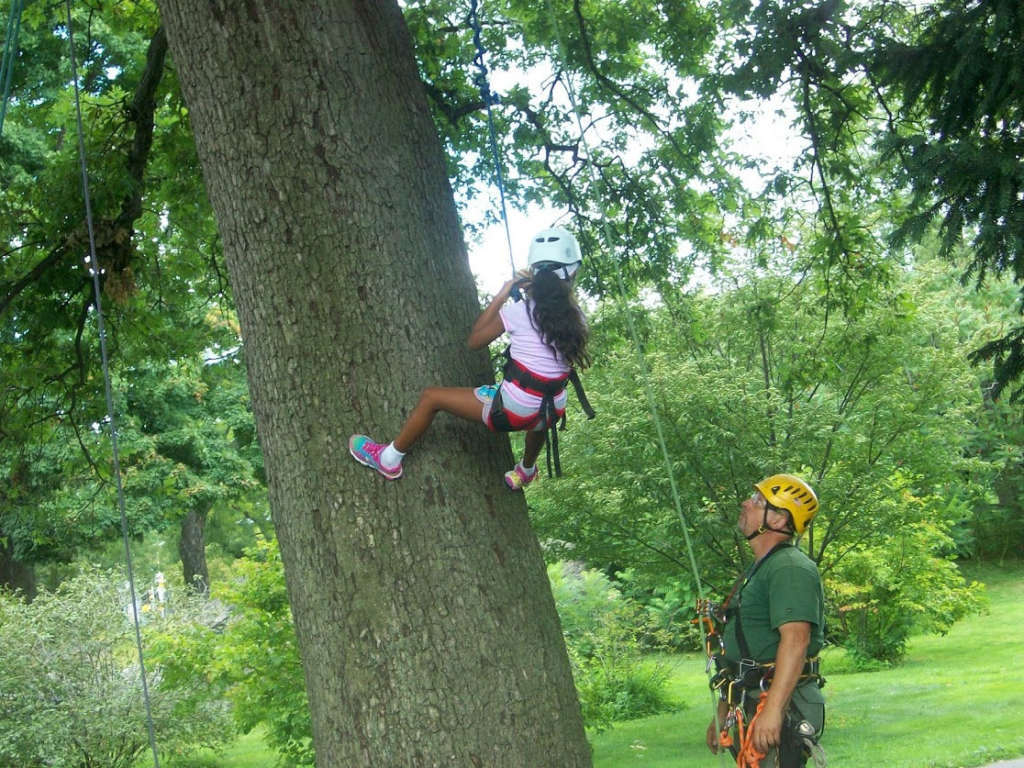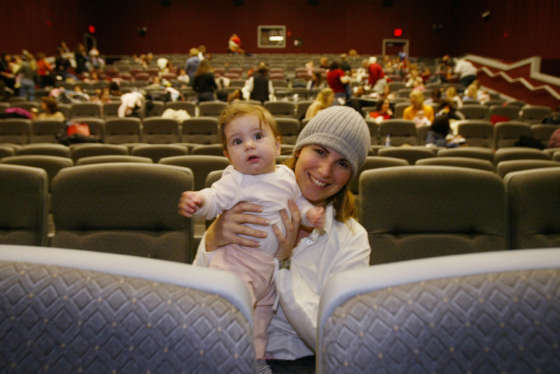WASHINGTON — Snow looms in the forecast, but summer is on the minds of many parents. That’s because camp registrations are open — some have already closed.
If you are getting your family’s plans set for summer, parenting expert and author Leslie Morgan Steiner has some tips on how to piece together the perfect experience, while limiting stress and expenses.
First, don’t panic if camps are closed
Yes, the registration period for some camps may be over, but Steiner said there are hundreds of camps in the D.C. area that fit all interests and budgets.
“The really great news is that there are lots of camps that still have lots of room — and there will be room, even if you’re last minute and plan stuff in June,” Steiner added.
So take a deep breath, research your options and start up a spreadsheet to stay organized.
Discuss what works best for your family
Before you open up the floor to the kids on their hopes and dreams for the summer, Steiner said there are a few things to work out:
- Set a budget. With a wide range of camps, comes a wide range of costs. Figure out what your family can afford to spend on these experiences.
- Don’t forget about logistics — especially if you have multiple kids. Do you want your kids together so that drop-off and pickup are the same? Or are you willing to shuttle them around to different spots? Maybe there are camps that offer transportation? These are all important things to consider when wading through the options.
- Some camps end in the afternoon and don’t offer extended days. In this case, is your child old enough and responsible enough to be left alone for a few hours? Is there someone — maybe a neighbor or a friend — who can help with transportation?
- Don’t forget about local camps. It’s likely community centers, recreation centers, churches and schools in your neighborhood run summer programming. Often these camps are both convenient and affordable.
“All of this factors into what your decision set is going to be,” Steiner said. “I would suggest doing all of that before you talk to your kids, and then lay out the options for your kids.”
Break out of the shell and try new things
There are sports camps, arts camps, drama camps, even coding camps — the options are truly endless. So encourage your kids to break away from their usual interests and take on something new, if only for a few days.
“It’s very easy for a kid to just try something new for a week. It’s not that huge of an investment from anybody’s standpoint,” Steiner said.

Is sleep-away camp an option?
Determining what age is appropriate for kids to go to sleep-away camp depends on the kid. If you find that your child is ready for the overnight experience, but you’re not, take comfort in knowing that you’re not alone. Steiner said one of her biggest challenges as a parent was coming to terms with her 9-year-old daughter leaving for a week. But allowing her that opportunity helped to build her child’s self esteem.
“It’s important to let go and believe in them, and the summer is a great time to take some parenting baby steps toward letting our kids have more freedom and independence,” Steiner said.
Using camp as child care? Don’t forget about neighbors, relatives
For working parents, camp is more than entertainment for the kids; it’s child care for the summer months when school is closed. If your budget is maxed out or you want to change things up a bit, lean on relatives.
Maybe you have a niece or nephew who is a teenager and can come stay with your for the summer.
“They can help you out and have a special experience that’s not too taxing,” Steiner said.
“Camp Grandma” is another good option and an alternative to sleep-away camp for those kids who aren’t quite ready to be out on their own. Coordinate care and take turns organizing activities with neighbors, or lean on trusted college kids who are home for the summer.
“Think outside of your regular school/work routine of who can help out,” Steiner added.
If you have a young teen, perhaps they can get a summer job or volunteer position. Steiner said to keep in mind that as kids get older, they can fly alone to visit a relative in another state. Getting a taste of life outside the city is important.
“It’s wonderful for kids to see a different way of life,” Steiner said. “Remember that it’s really great to have a lot of downtime and fun time, that you don’t have to overschedule your kids in the summer.”
Summer safety
Safety is top of mind for many parents in the wake of the recent high school shooting, and Steiner said it should be a part of summer planning, as well. Never hesitate to ask a camp or school about their emergency procedures, and have regular conversations with your kids about their plans, should a stranger approach them on the street or a fire alarm go off while home alone.
“You don’t want to alarm your kids, but you want to empower them and empower yourself to keep your own anxiety down,” Steiner said.
“As parents, we get so caught up in the day-to-day that we forget to step out and talk to our kids about these things. We don’t have enough conversations about routine safety.”
Don’t forget: Summer is about fun
Yes, schedules and logistics and budgets are important, but so is relaxing and having fun during the precious weeks when school is out.
“Kids really enjoy summer. They’ll look back on their summer activities as a time to relax, to get a break from school, to try new things,” Steiner said.
And it should be a time that parents can have some fun too. Steiner said talk to your employer and review your company’s policies. Many offer regular Fridays off or early afternoon releases — “So that you can have more fun with your kids too,” Steiner said.







